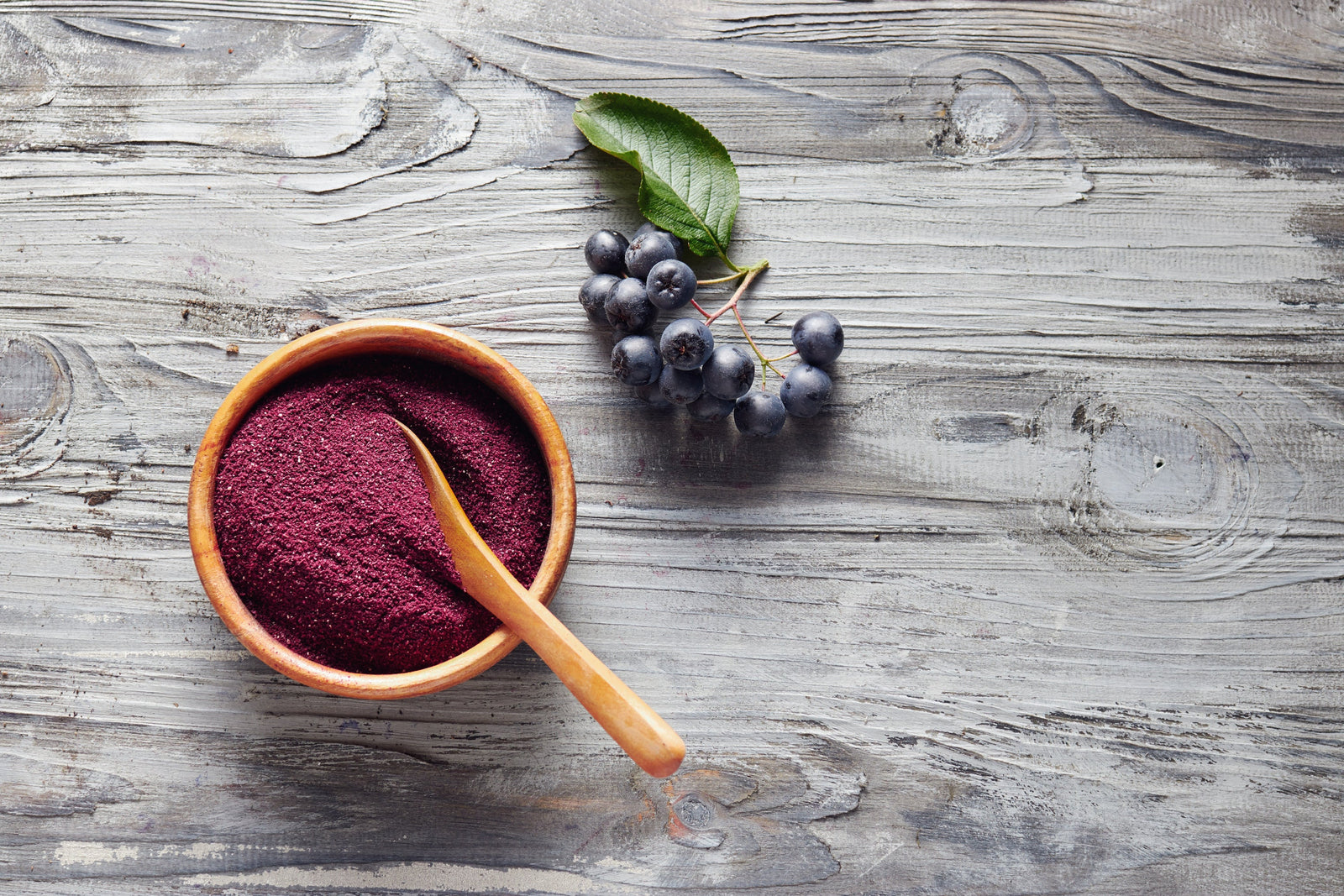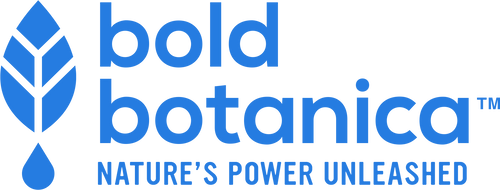Why Extracts?

By James "Slim" Miles
At Bold Botanica, why do we use herbal extracts instead of raw or crude, powdered herb in our products?
Our answer is quite simple: for the same reason that you drink your coffee or tea every morning rather than eating it. Did you know that when you join the millions worldwide that enjoy a morning cup of coffee or tea, you are making a type of herbal (botanical) extraction? Technically, you are steeping or decocting it but we’ll get into the different types of extraction in a later blog.
Coffee contains over 1,000 chemical compounds and the main one most of us are craving each morning is of course, caffeine. By making a hot water extract of the ground-up coffee bean, we are extracting the caffeine and other compounds from the roasted coffee bean into the water. By doing this, we separate all of the hot and water soluble chemicals and compounds from the fibrous bulk (non-digestible polysaccharides) of the raw coffee bean and make it into a tasty, bio-accessible beverage so that we can wake up our brain and central nervous system and start our day.
By extracting our herbs prior to use, we are essentially “pre-digesting” the “bio-actives” or active compounds of the herb, the orchestra of chemicals that make up the plant’s composition. These chemicals and active plant constituents can then be more easily absorbed by the body. If you consume raw/crude plant material in a powder, tablet or capsule form, the body has to do the work to break down and digest that plant material (imagine this in the case of hard fibrous roots, dense barks, or . . . coffee beans) compared to the ease of an extract. It takes time and physiological expenditure to internally “extract” our herbs, and the body may not be able to fully extract and then assimilate all of the bio-active compounds we are seeking from the plant. Through this hot water extraction, you also avoid having to eat 2 tablespoons of coffee grounds! Most methods of extraction (and there are many) also act to concentrate the bio-actives from the plant, so rather than taking 2 tablespoons or 10-20 capsules of raw coffee grounds, we can just drink one 6 ounce cup of coffee for a more complete and delectable experience.
So in short, the benefits of consuming herbal extracts are:
- a significant increase in bio-accessibility of the herbal substance’s compounds
- essentially “pre-digesting” the herb for faster and more complete assimilation of bio-actives
- an ability to concentrate those bio-actives for a stronger, more therapeutic affect
Crafting extracts of medicinal herbs has been practiced by traditional societies for thousands of years. Traditional Chinese Medicine, Classical Ayurveda from India, Native American, and European herbal traditions all used medicinal teas or decoctions as a primary method of application. In addition to aqueous extracts, several of these traditions also prepared extractions in wine, alcohol, vinegar, milk and oils. You may be surprised to know that in older times around the Polynesian island of Vanuatu, their Kava ceremonies involved virgin girls who chewed the tough roots and spit out the kava “extract,” which would be filtered and then consumed by the community. This and many other examples show that there are thousands of years of empirical knowledge and understanding surrounding the increased effectiveness and use of “drawing out” the active medicinal bio-active constituents from the fibrous plant material via various forms of extraction.
In more contemporary times, methods of extraction have advanced exponentially. Today one of the most commonly used types of extracts are powdered extracts that can be taken in a capsule as a dietary supplement. These extracts are made by creating a liquid extract, concentrating it by removing the moisture/solvents, and drying it into a powder. There are many different types of solvents and a wide range of grades of quality in extracts; for more info, see “Herbal Extraction 101”.
An herbal extract is only as good as the plant material you begin with. This is why at Bold Botanica we make or use herbal extracts made from organic or sustainably grown herb material. We also use the correct plant parts harvested at their best time for awakened potency. At the same time, we balance strength with a commitment to preserve the synergy of the full profile of the plant’s active constituents and the use of safe extraction methods without harmful chemical solvents.

James “Slim” Miles – is a 30 year veteran of the natural products industry, Phytotherapist, Ayurvedic Practitioner, a co-founder of Bold Botanica, and VP of Innovation & Science at Employee Owned Apotheca, Inc.
This blog is intended for educational purposes only. This information has not been evaluated by the Food and Drug Administration. This information is not intended to diagnose, treat, cure, or prevent any disease.



